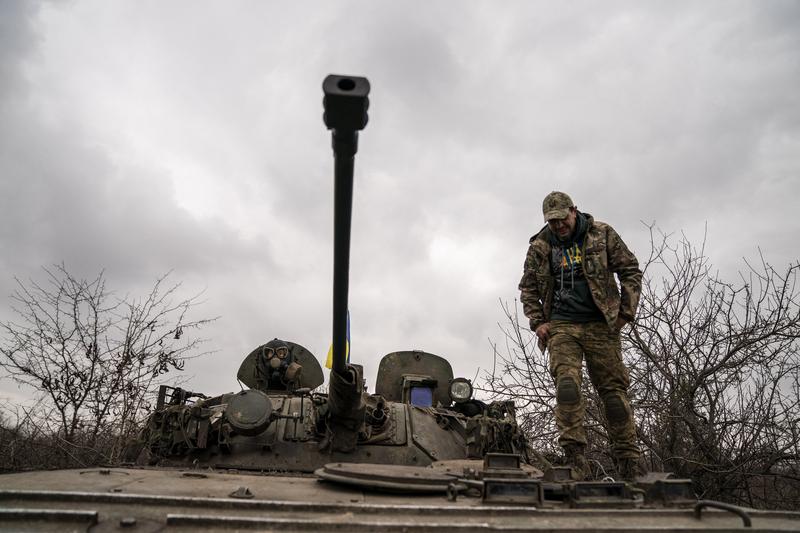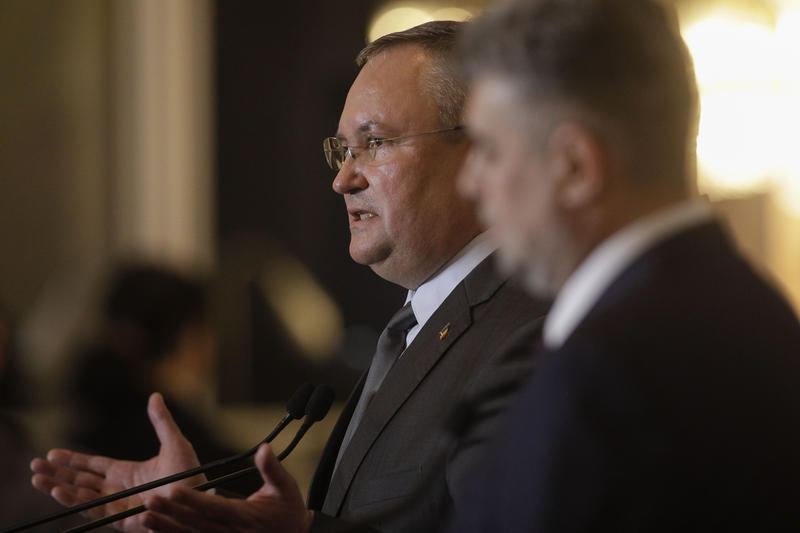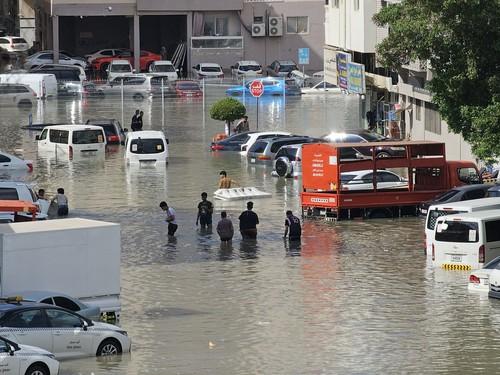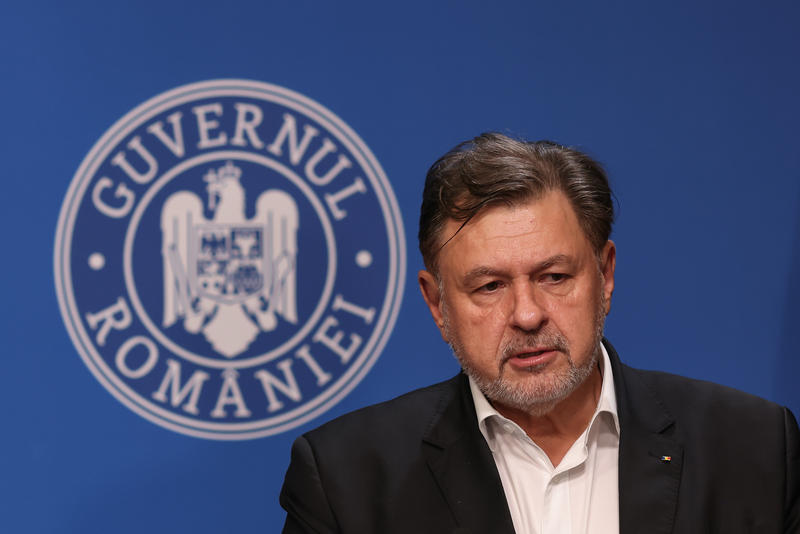The Romanian Presidency published Tuesday the National Security Strategy establishing international terrorism, WMD proliferation, regional conflicts and organized crime as main risks for the security of the country.
Terrorism, the document says, comes in the form in criminal attacks, fundraising and money laundering, as well as recruiting, training and sheltering individuals mainly in areas outside the area of control for Romanian authorities.
It continues that WMD proliferation may appear as trafficking of radio-active and special materials, technology and know how that are necessary for producing weapons of mass destruction.
Frozen conflicts in the Black Sea region, including the one in the Moldovan separatist region of Transdnestr, other, less significant separatist movements as well as tension points related to territorial and border disputes are seen as serious threats to the security of the region.
The document also speaks about inefficient government and the pandemic corruption and cross-border organized criminality in the region, which undermine the capacity of control among state institutions.
The strategy says Romania’s security and prosperity depends on the full integration with the EU and the responsibility given by its membership in NATO.
It calls for the development of a competitive market economy, the modernisation of Romanian education and the valorization of human, scientific and technological potential, as well as the active participation to the European identity.
The document was published one day after Liberal MPs asked President Traian Basescu to pull the secrecy veil on the draft laws on national security presented in the Supreme Defense Council earlier this month, in order to debate and improve them together with the civil society.




















